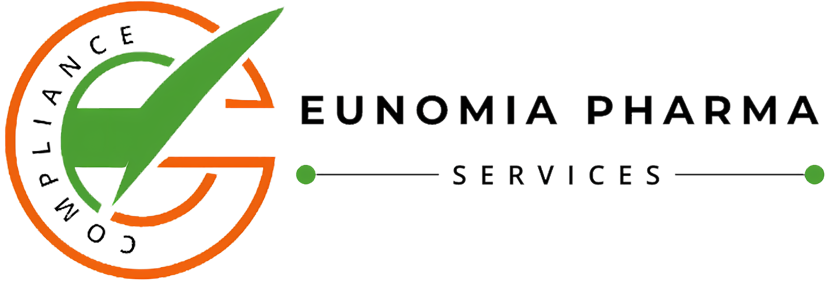Introduction
In the pharmaceutical industry, compliance failures rarely come from a lack of rules. Most companies have policies, procedures, and SOPs in place. The problem is often more subtle and more dangerous. It’s the failure to translate those policies into daily behaviours. It’s the space between knowing what’s right and doing what’s right.
That’s where training plays a defining role. Not as a routine exercise, but as a cultural intervention.
Consider the case of a women’s health pharmaceutical company, recently reprimanded by the UK’s PMCPA. Over several years, it had failed to update prescribing information for key products despite emerging safety data. Employees reportedly tried to escalate concerns internally, but there were no clear lines of responsibility, no structured follow-through, and ultimately, no action. What should have been a simple update turned into a regulatory scandal — not because of what people didn’t know, but because of what they didn’t do.
So, what went wrong?
The case reveals deeper systemic shortcomings that are common across the industry:
- Lack of role clarity: Employees were unsure who owned the responsibility for updating critical information.
- Ineffective escalation culture: Concerns raised internally were not acted upon.
- Compliance silos: Functional teams operated in isolation, without cross-checks or shared accountability.
- Overreliance on process, underinvestment in behaviour: SOPs existed, but people didn’t feel ownership or urgency.
- Training as a checkbox: Learning was theoretical, not applied to real-life scenarios.
When compliance is seen as someone else’s job, the entire organisation is at risk. Policies may exist, but they are only as strong as the behaviours that bring them to life.
This is where Eunomia Pharma Services makes a difference.
We believe compliance training must do more than inform — it must equip, engage, and empower. Our programmes are designed not just to meet codes like ABPI or EFPIA, but to prepare people for the real-world situations where decisions matter.
Here’s how Eunomia delivers impactful training:
- Scenario-based, cross-functional learning: Training mirrors the real-life decision-making processes across medical, commercial, regulatory, and compliance functions.
- Interactive formats: Roleplays, microlearning, and simulations help participants internalise the “how” and “why” behind good compliance.
- Case study-driven: We use examples from PMCPA rulings and global enforcement actions to ground training in current, high-impact lessons.
- Delivered by experts: All sessions are led by experienced compliance professionals, not generalist trainers.
- Multilingual and localised: Especially for European teams, we tailor content to reflect local regulatory nuance and language.
What does this achieve?
- Culture of ownership: People stop passing the buck and start taking initiative.
- Stronger cross-functional alignment: Training breaks silos and builds shared responsibility.
- Better regulatory resilience: Teams are more prepared, more confident, and less reactive.
- Restored integrity: Employees make better decisions — not because of fear, but because of shared values.
Conclusion
Compliance cannot thrive in silence, confusion, or complacency. As the presented case shows, failures don’t always start big — they accumulate quietly when people are unsure, unsupported, or disengaged.
At Eunomia, we believe training is the most powerful tool to reverse that pattern. It’s where people learn not just to follow rules, but to think ethically, act confidently, and speak up when it matters.
Because true compliance isn’t about codes. It’s about conduct.




